In 2021 I read 61 books for a total of 648 hours. Summaries below.
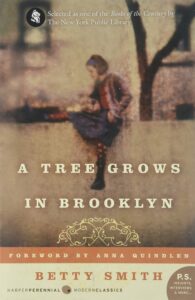
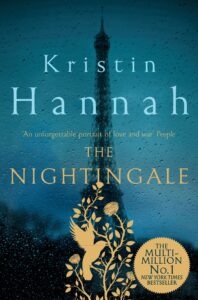
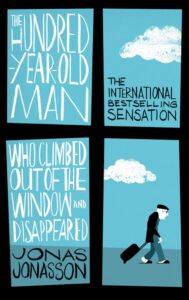
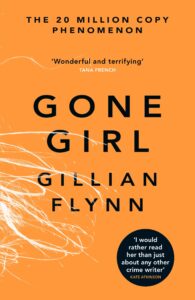
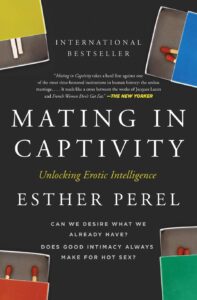
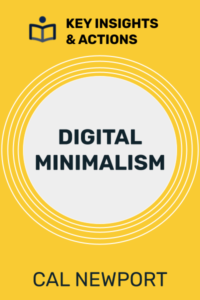
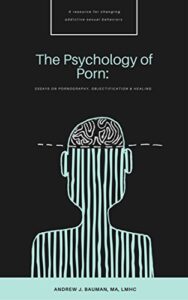
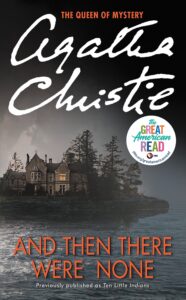
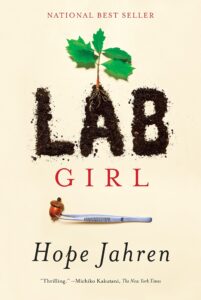
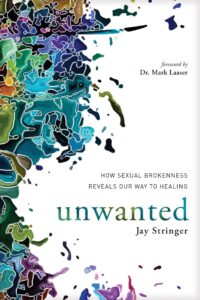
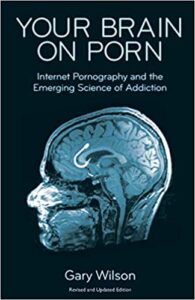
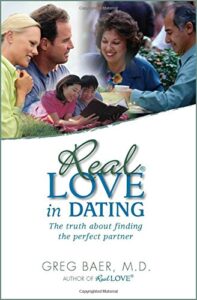
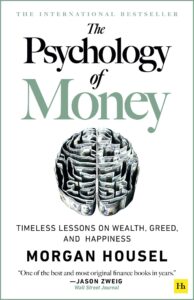
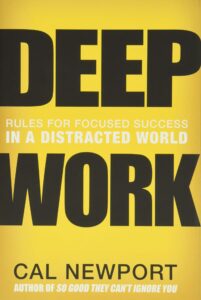
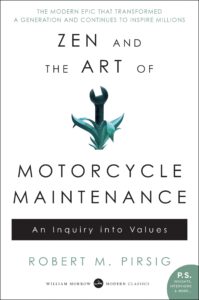
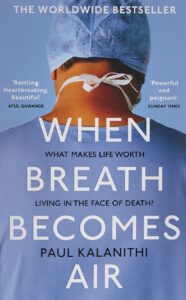
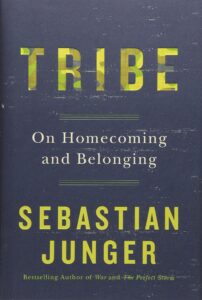
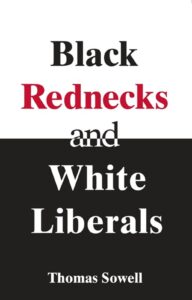
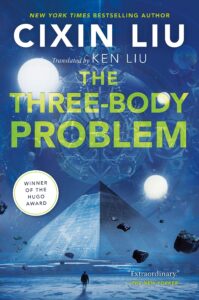
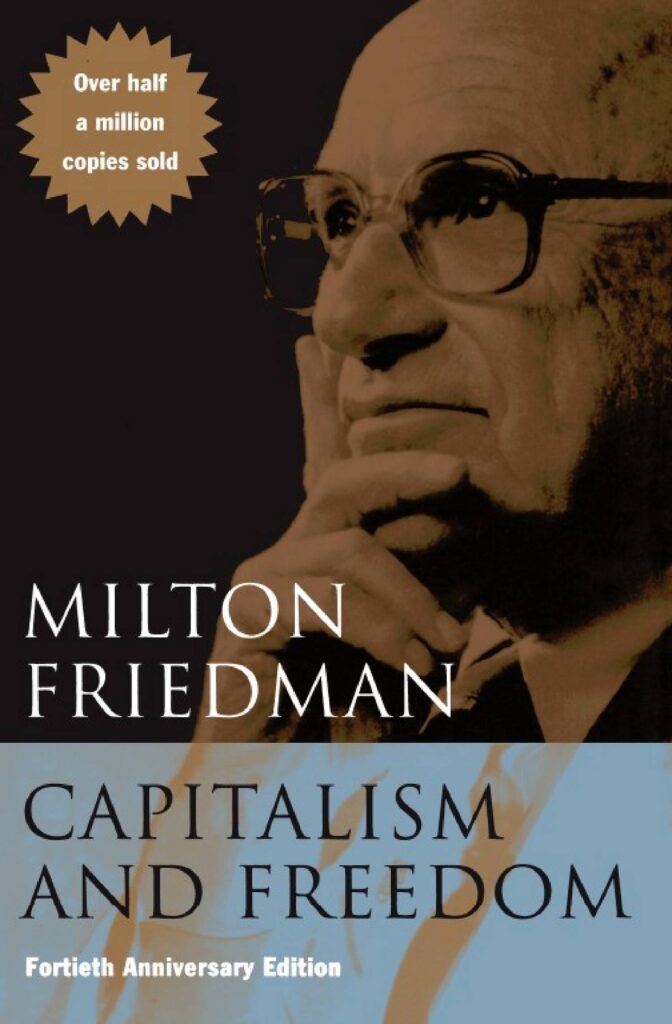
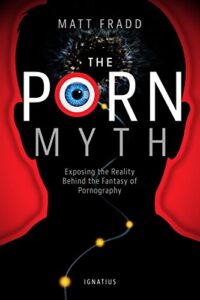
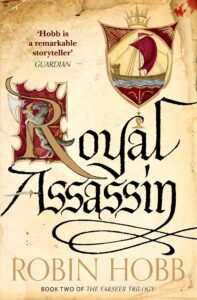
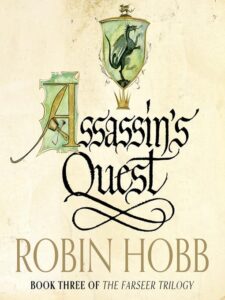
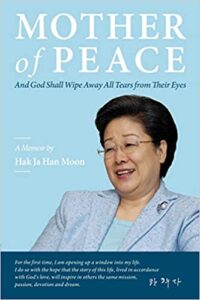
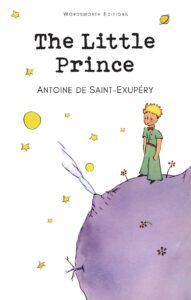
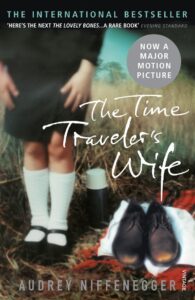
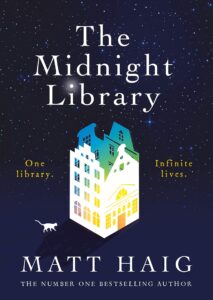
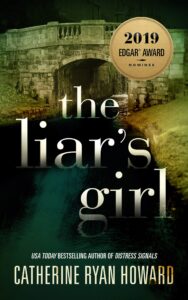
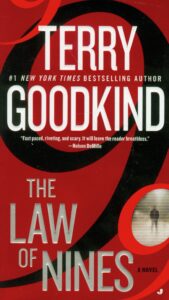
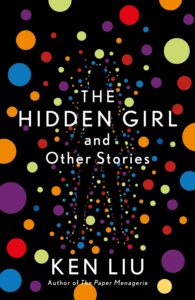
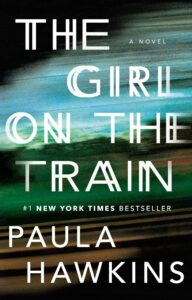
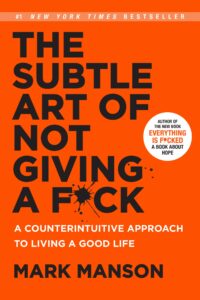
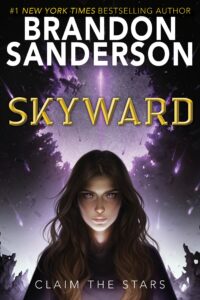
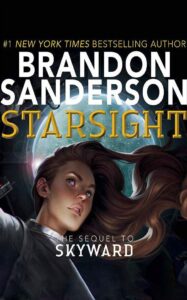
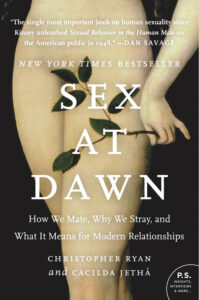
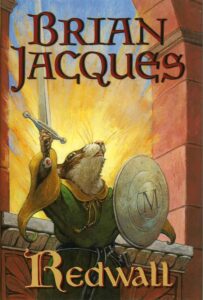
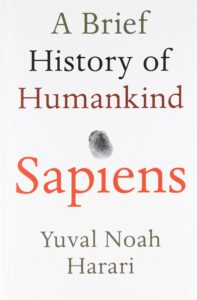
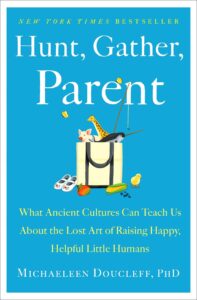
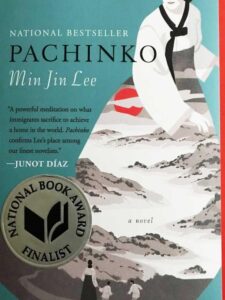
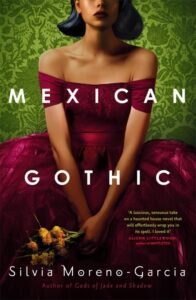
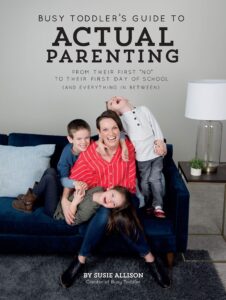
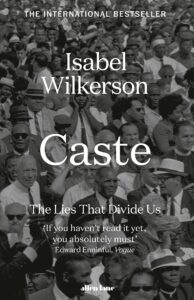
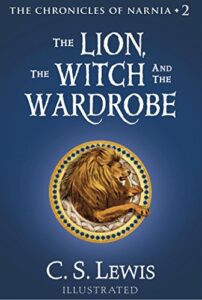
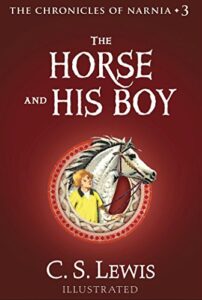
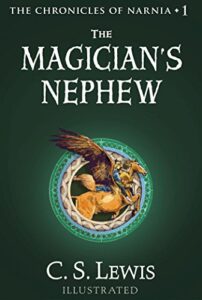
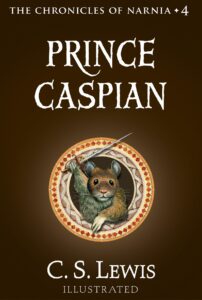
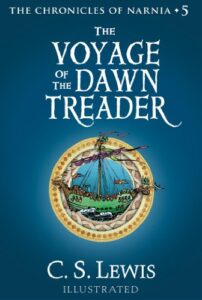
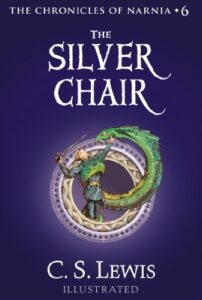
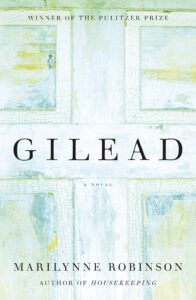
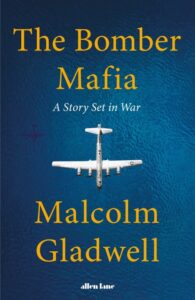
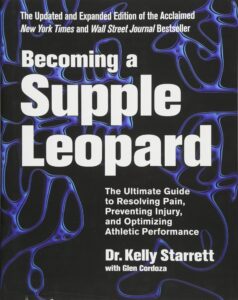
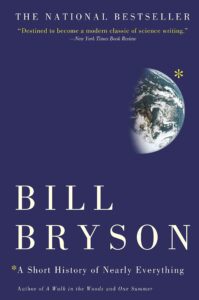
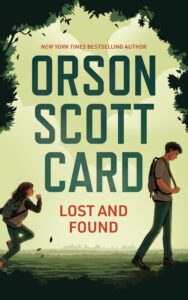
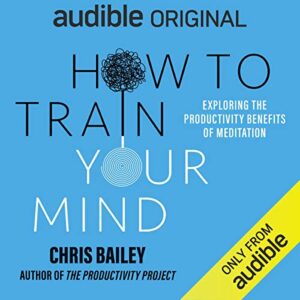
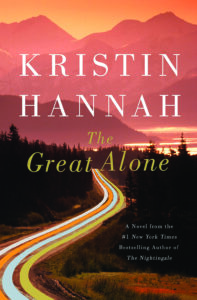
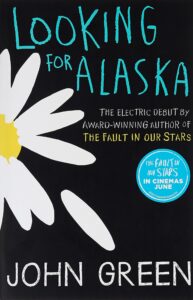
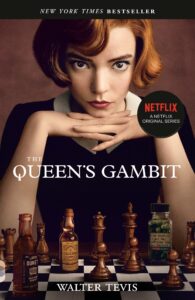
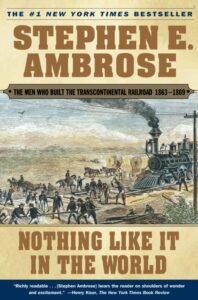
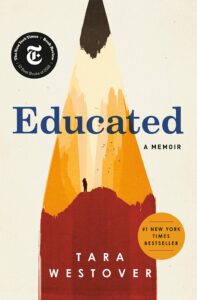
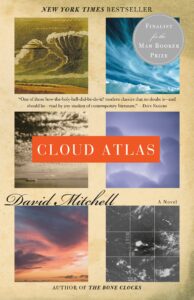
The Best
- Gone Girl (Gillian Flynn)
Author actually managed to write a captivating page-turner while having something to say about an important societal topic. Writers usually overdue it in the righteousness department with these kinds of books. Made me think a lot about the state of and expectations in relationships. Made me think is an understatement, made me write an entire essay on the topic. Flynn talks about the myth of the “Cool Girl”, the girl who loves watching the game, downing a pizza, giving blowjobs, and most important of all is effortlessly hot. She’s game, she’s fun, she’s hot. Every guy has their version of a cool girl that is a figment of their fantasy. A growing number of women are trying to live up to the expectation of being a cool girl.
- Mating in Captivity (Esther Perel)
Another book that made me think a lot and write an entire essay on the topic. How to reconcile the conflict between intimacy and eroticism? That is an IMPORTANT question to answer.
- A Tree Grows in Brooklyn (Betty Smith)
The word that comes to mind when describing this story is beautiful. this book was written in the 1940s, remarkable how much it can still resonate. No epic heroes, no earth-breaking events, just the life of an immigrant family growing up in Brooklyn and the coming of age of a young girl. It’s incredible to think how much has changed in 100 years since that time. So many people migrated to America and it was a free-for-all. There was no expectation that someone would help you, every family had to take care of itself.
- And Then They Were None (Agatha Christie)
This is the OG who-done-it murder mystery where a group is picked off one by one and the murderer is among us. Fantastic read, remarkable that it was written in the 1930s.
- Unwanted (Jay Stringer)
Remarkable book about sexuality and the deeper meaning of our sexual struggles.
- Psychology of Money (Morgan Housel)
Given how much I’ve already read about money by this point, I was surprised by how much I learned from this and how much I liked it. True to its title, it’s about the mindset about money more than a practical guide. I really like Morgan’s writing. He’s shaped a lot of how I think about risk, my assumptions about how things work, and much more.
- Zen and the Art of Motorcycle Maintenance (Robert Pirsig)
This book still gets me. Read it for the first time over 10 years ago. I like to revisit it once in a while, it has so much wisdom. I’d like to be able to write this kind of book one day. Something original.
- Lab Girl (Hope Jahren)
This book made me love science. Nice to read about people’s pure love of something.
The Rest
Five Stars (Really Good)
Made a strong impression / Enjoyed a lot
When Breath Becomes Air – A memoir from a neurosurgeon who was diagnosed with lung cancer in his mid-30s during the last year of his residency. He died about a year later and the manuscript was published posthumously. He and his wife decided to have a child after the diagnosis and he wrote about being with his daughter during the first months of her life before he passed. He was just a few years older than I am. Made me think about how fragile time is. I held my son so close to my chest imagining what it would be like to only have a couple of months left with him.
The last line of the book to his daughter moved me to tears. He died before getting to write any more:
“When you come to one of the many moments in life when you must give an account of yourself, provide a ledger of what you have been, and done, and meant to the world, do not, I pray, discount that you filled a dying man’s days with a sated joy, a joy unknown to me in all my prior years, a joy that does not hunger for more and more, but rests, satisfied. In this time, right now, that is an enormous thing.”
Psychology of Porn – I randomly heard about this book somewhere and decided to give it a shot. What a great collection of essays! Well thought out in the way I like. Not preachy, not dogmatic, not assumptious. Thoughtful. This book made me think a lot about the subject and motivated me to finally get to my own writing.
Real Love in Dating – The clearest, most practical guidance on pursuing a marriage relationship I’ve managed to find.
Hunt, Gather, Parent – I liked hearing about how people parent in different cultures. Made many great points, questioning the assumptions made about modern parenting advice. Most of what we understand as standard parenting practices were developed by nurses caring for dozens of babies at once.
Digital Minimalism – I really like Cal’s main book Deep Work. I read it a number of years ago. Reading this one officially makes Cal one of my favorite writers. He’s scientific about things and has a powerful way of looking at the world. I subscribed to his newsletter. This book convinced me to cut off web browsers from my phone and SERIOUSLY tone down my social media use.
The Nightengale – This wasn’t the best-written novel, but for some reason, it hit my heart. it made me think about the fragility of life, how much I take time for granted. it gave me a desperate wish for my parents to live long healthy lives, for us to have many years to say all the I love yous in my heart. I don’t want to suffer the fate of millions, to have someone taken from you before you are ready.
Four Stars (Enjoyed)
Ranges from not quite five-stars to just over three-stars.
Lost and Found – Familiar Scott style, way above average smart young people, super-intelligent conversations, and analytical abilities. I liked that the main character has a close relationship with his dad. in most YA novels parental figures/adults are either absent, incompetent, or the villian. His dad is super smart himself. Nice one-off novel, enjoyed reading.
The Great Alone – an interwoven novel about the beauty of Alaska and the pain of a family living with a violent PTSD Vietnam war vet. This novel made me want to experience whatever Alaska is.
Looking for Alaska – nice story, but overall I don’t like the YA genre. The recklessness of teenagers is glorified and “adults” always play an insignificant or even adversarial role.
Sapiens – I’ve read Harari’s three main books now. They all actually cover similar, if not the same, basic concepts. They do have different emphasizes, (the past, present, and future), but bring up the same questions. I’m left with the impression as the first two books: This is a really smart guy that brings up many legitimate things to consider about how humanity developed the way it did and what the future holds.
The Chronicles of Narnia (Seven Books) – Nice to reread a childhood classic. Crazy to think I can read something and never think about it until 20 years later. Reading it as an adult makes me realize what a simple story it is. Wholesome novels about the good guys vs. the bad guys.
A Short History of Nearly Everything – This had the same vibe as Bryson’s book on the human body, which was my #1 book in 2020. I like the body one more, it’s more personal. This does the same thing in that it took me on a fascinating journey, but the universe is just so big. His premise for writing these two books is really simple yet makes perfect sense. This is the only body we’ll ever have and this is the only world we get, we should make an effort to understand how they work!
Educated – I normally wouldn’t pick out a book like this to read. The only reason I did is that it’s gotten SO much buzz the past few years. Then a friend recommended it to me right when I was looking for a new book so went ahead and dove into it.
What I took away from it is probably different than what most people took away from it. I think it’s popular with certain crowds because it fits a narrative of the destructive nature of ignorance mixed with religious fervor, while “education” comes in and saves the day.
The way Tara grew up is surreal. Crazy to think that she’s just a few years older than me. She grew up in the same America I did. The things she experienced are almost like a novel. They’re just un-dramatic enough to remind me that it’s real life.
My takeaway from this book is the impact of raising a family with law instead of love. Tara and her siblings were raised based in fear of God. Of course, when someone grows up like that and then enters a bigger world they see how ridiculous the fears they grew up with are. She never experienced the love of God as a child.
My other takeaway is how sad it is that a family would choose to ignore reality and insist on a false fantasy. Tara grew up with an abusive brother, both physically and psychologically. When she finally had the courage to confront the brother and confide in her parents she was rejected. Her parents chose to deny the whole thing and would rather kick her out than see the truth of their family for what it is. The book uses made-up names for everyone, but it’s easy to find info on her family. Her parents, particularly her mom, have built a tribe around herbal, alternative, energy, faith-based healing. She’s a guru in her own right. She’s even written a book on her education and child-raising philosophy. I’m sure the way Tara writes about her experiences is colored by her perspective, but it seems to me that her and her siblings grew up the way they grew up despite their parents’ child-rearing philosophy rather than because of it. The whole thing is a playbook example of what people naturally are inclined to do, cherrypick data that supports our pre-existing biases to reinforce our view of the world.
Skyward – A solid Brandon Sanderson novel. I originally got into it because I thought it was a duology and the whole thing was already published. Maybe that was the original plan, but it’s turned into a series of four books. Oh well, not long until it’s done.
Starsight – Book two in the series. Still enjoyable will continue with it.
Redwall – I enjoyed rereading a childhood favorite! It’s a refreshingly simple story. Good guys are good! Bad guys are bad! I’d enjoy going through all of them.
Deep Work – Was inspired to re-read this after really enjoying Digital Minimalism. Got a lot out of re-reading it, am inspired to set up my life in a way that’s conducive to deep work (writing for me).
The Hidden Girl and Other Stories – Some really creative dystopian fiction. Portrayed new futures I would never have thought of. Nice to have really smart, creative people imagining what the future might be like. “Speculative Fiction” is what it’s called. I enjoyed it. Would like to read another book by the author but this was the only audiobook available at the library.
The Queen’s Gambit – Decided to read this because of how trendy the TV show was. Was enjoyable, but nothing overly remarkable.
Black Rednecks and White Liberals – I didn’t know a single thing about this book or the author before starting it. The title was funny to me so I thought it was a comedy book. Turned out to be a fascinating book and Tom Sowell is a renowned economist and thinker. Really interesting essays on racism in America. Made me reconsider many of the assumptions I have. There is a narrative that’s been fed and things that don’t fit that narrative are glossed over and dismissed.
1. What’s considered “black ghetto culture” originated in the dysfunctional redneck culture that was adopted from the ghettos of England and Scotland.
2. The popular narrative about the history of slavery cherrypicks information that paints white people as the oppressors of black people. All races have enslaved all other races throughout all of history. It’s actually most common for people to enslave people of their own race. Slavery has never been about race, but about taking advantage of others who can’t defend themselves. Also, the way Muslims treated African slaves far outstrips African slaves’ experience in America. Sowell says that part of history is glossed over because the idea of minorities mistreating other minorities doesn’t fit into the narrative.
3. People over-emphasize examples of white racism towards black people, all while far more severe cases of racism are happening around the world (racism towards certain Chinese ethnicities and even racism towards Asians living in black ghettos in America).
4. White people are more interested in “the history of white people’s treatment of black people” than actual “black history”
5. Emphasizing “black education” (black teachers teaching black children as a form of cultural inheritance) does more harm than good. It’s better to focus on getting the best teachers for the best students rather than black teachers for the black students. Dunbar HS was an incredible academic school for Black students until it fell apart after forcing non-driven students to attend there.
The 100-Year Old Man Who Climbed Out the Window and Disappeared – I consider “fantastical fiction” a story that is way beyond the realm of possibility and only happens because of a continuing series of the most unlikely events that lead to a grand adventure. This is a fun book in that category! Humorous and easy to read. Made me think about what we take for granted in old people. They lived an entire life prior to being old and could have incredible stories to tell. This protagonist did.
Bomber Mafia – Familiar Gladwell. Extremely interesting, novel insights into familiar topics. Taking the reader through the inside of something you’ve never heard before. Didn’t leave with any new wisdom, just useful anecdotes for copying into one’s own writing.
The Law of Nines – Cool characters, good storytelling. Does well as a one-off book, but also worth continuing in the series.
The Midnight Library – Well written, interesting concept. Fun to ponder all the lives we could have lived.
Tribe – An interesting anecdote about how Americans who were exposed to Native American society basically all opted to return to it, regardless of the circumstances in which they originally ended up there (some were originally kidnapped for ransom). A book that speaks to the simplicity in which we were meant to live. In nature, in close relationship with others. I don’t know if this is a book that convinces people rather than re-affirms people already bent in that direction. Faults of this book would be it seems to romanticize Native American life and is clearly male-orientated.
Interesting Points:
1. There are two types of leaders: War-Time and Peace-Time. People are not capable of filling both roles. In past societies, the necessary leaders voluntarily stepped up and down based on the needs of the tribe. Peace-time leaders focus on cohesion, empathy, hearing people’s opinions. War-time leaders take on dictatorial roles, only concerned with getting the task done and surviving. A good analogy for any organization. There is a time when they need to get down to business and others when they need to be more cohesive.
2. The lack of co-dependency and connectedness we experience in society causes more deviant behavior because there is no repercussion for not conforming. In past tribes, the tribe severely punished those who harmed the tribe, which in turn meant that it hardly ever happened. In those types of societies, suicide and depression were also nonexistent.
3. In the past there were far more external threats that forced cooperation. Mentions how many people claim that experiencing wartime was the happiest time of their life. It was the time they laughed the most and truly felt like a brotherhood (civilians bunkered during the bombings of London and Syria). Others miss the person they were during that time. One taxi driver reflects on how he used to sneak behind enemy lines and rescue people. Now all he does is drive taxis.
Becoming a Supple Leopard – Learned a ton of good movements for keeping a healthy body. Lots of the book was hard to read; super technical and full of jargon. Nice to have as a reference to find good stretches for body regions.
The Girl on the Train – Well-written, but it’s missing something. Gone Girl makes you think about something important. This was a page-turning thriller that hooks you and then ends. On to the next one. It’s the popular book of the month (quite popular and has been around a couple of years now), but it will eventually get forgotten and replaced by something newer.
Nothing Like It in the World – It’s fascinating to learn about invisible things that actually had a huge impact on modern life. This one isn’t so invisible, but may be invisible to almost everyone under 50-60 years old. “Life” changed after the east and west coasts were connected via the train line. And, it was a giant task to complete, unparalleled in many ways. Ambrose claims that the abolition of slavery and the transcontinental train line are the two greatest feats in American history. Incredible that both happened during Lincoln’s reign as president and in large part thanks to him. This story taught me two things,
1) We owe far more to the ambitious, brave people of the past than we give credit to
2) Regardless of what grand accomplishments we achieve it’s unlikely anyone will remember us past our lifetime. The CRUCIAL people involved in making the train line possible are hardly remembered anymore. They felt good about their achievement, they got rich, and then they died.
How to Train Your Mind – A short simple book that, believe it or not, finally got me interested in meditating.
The Porn Myth – Matt Fradd is insightful and well-spoken. Liked reading this book.
Royal Assassin – Really enjoyed reading it. I would say that it’s a bit long-winded. Lots of storyline that, in the end, doesn’t develop the plot very much.
The Little Prince – A refreshing, innocent read. Tender is the word that comes to mind. A reminder of the tenderness of children. Plus has nice nuggets of wisdom throughout. Interesting how this book captured the hearts of millions for several decades.
Three Stars (Meh)
Nothing wrong with these books, just didn’t capture me.
Capitalism and Freedom – Hard for me to get into. A few things I liked, but pretty academic. Nothing you can’t learn from Youtube videos of Milton Friedman which are much more engaging.
Cloud Atlas – Really interesting concept, but I wasn’t able to follow all the details that connected the plot together. There were lots of things I didn’t get until reading a plot summary afterward. One of the themes is reincarnation, but I’m still not sure who is reincarnated as who among the main characters in the different timelines. That kind of concept plays out better in the movie where you can see the actors recast as different people.
Busy Toddler’s Guide to Actual Parenting – Fluff book, but got a couple of useful nuggets: Sensory boxes, no parent will have the same parenting values, put on pajamas before leaving to come home in the evening, have a parenting buddy.
Gilead – This book was highly recommended so gave it a shot. It has good stuff but was the kind of book I could zone out on. Made me think about how life in America is SO different for people depending on where they lived. A hundred years ago many people made their way out west and lived a completely different life homesteading than what I can imagine living on the suburban east coast.
The Liar’s Girl – Uhhh, what a flat ending. I would give it two stars, but it did keep me hooked and anticipating the plot twist. Only there isn’t any! Who’s the murderer!? The Murderer is the murderer! Are you kidding? The bad guy ends up being an anonymous nobody that’s only importance is that he’s the bad guy. It’s not someone right under your nose, there are no special surprises. There’s kind of one, but pretty lame compared to the amount of build-up there is.
Caste – Writer is honest about what she wants to accomplish, but I don’t agree it’s the best course of action. She doesn’t provide any proper solutions but is “shining light” on the reality of the situation. She uses an analogy of how we must call a sickness what it is and properly treat it rather than ignore the sickness.
What I think is important about this book is highlighting the reality that MANY if not all black people experience in America at some point or another, plus the subtle hierarchy cues that are at play. I also think she cherry-picks specific incidents to emphasize her point. Actually having grown up in the South and mingled with all types I know that the vast majority of people are good and hardly care whether a person is white or black.
Her theory of caste also ignores the implied multi-tier quality that a caste implies. She emphasizes only black or white, dominant and subordinate, a binary relationship that doesn’t exist in any caste system. She mentions how Asians and Latinos sit above blacks and below whites in a “society designed to maintain white superiority” but doesn’t address how Asian Americans, who have the least amount of time existing in the USA, have risen to the top of the income and education demographic.
She also claims the US caste system as existing among the three most severe caste systems in the world: India, Nazi Germany, and the USA. Really? Even with no research, I’m skeptical of that. China? Egypt? The Muslim world? These are FAR harsher places. YES, horrible things happened to black people in America, truly horrible. But that’s a piece of what has already happened all around the world for thousands of years. It’s not a uniquely American Black/White issue. More powerful peoples have always taken advantage of less powerful peoples.
I always assumed that American Slavery was the most horrendous version of slavery, but Tom Sowell has me considering how slavery was conducted in the Muslim world. He claims it was far worse.
Mexican Gothic – Nothing original. Familiar plot pasted onto a novel setting. I wanted to read this in order to get a taste of Mexican culture, but there’s absolutely nothing Mexican about this book. The entire book is set in the estate of an aristocratic British family living in Mexico.
The Time Traveler’s Wife – I enjoyed it while reading, but in the end, felt like literature junk food. The characters are simultaneously cynical and hopelessly romantic. The story of two people that are destined to be with one another and complete each other.
Sex At Dawn – Good to read one of the most popular and “authoritative” books on the evolution of human sexuality. Strongly opposes many of the commonly held beliefs about pair bonding and the naturalness of lifetime monogamous relationships. This book probably added a lot of fuel to the polygamy movement. I think this book covers things well looking strictly from an evolutionary/biological perspective, but at the end of the day, I always come back to my belief that humans are meant to grow beyond biological functioning. That world is all about survival, everything for that single purpose. As humans, we can go beyond survival and explore happiness and fulfillment. Building a life off of the survival paradigm is limited. Truly happy people aren’t interested in sex the way evolution shaped it.
Your Brain on Porn – REALLY good information, but mostly what I’ve already known and speaks to the kind of person that is attracted to the NoFap community.
Two Stars (Didn’t Like)
Nothing bad, just didn’t like them. There are plenty of people that do.
Subtle Art of Not Giving a Fuck – Listened to the first 30 minutes of this, got a clear idea of what this book was and what kind of person would be into it, and was not interested in hearing any more.
Pachinko – Beautifully written, but a really depressing story. Wasn’t able to handle it.
The Three-Body Problem – I regretted finishing this book. Had no idea what the heck was going on most of the time. Near the end, it started to make sense, but then it ended.
Mother of Peace – This book had a lot of potential and I had high hopes for it. Instead, it misses a huge opportunity to share the intimate thoughts of someone revered by many people and instead takes every chance to convey how important she is.
Assasin’s Quest – Read 50% and stopped. Too much of the same issue I had with the prior book. Way too much storyline that inevitably doesn’t go anywhere. Ended up reading the summary on Wikipedia and was satisfied with that. I did like how much more innocent these books are than more modern fantasy books that are all about the anti-hero and have lots of sex and violence.
Fantastic list Sammy. Both years you shared have some of my favorite authors. Im a retired librarian with plenty of unfinished books on my shelf. You may like the work of Birkerts, a big time reader who makes his living reviewing books. His insights are wonderful. I found much in his observations to ponder; the much needed rewiring of our original, simpler, God given nature.
https://www.amazon.com/Sven-Birkerts/e/B000AP8PRU/ref=dp_byline_cont_pop_book_1
Just started to get interested in character education because of Alan Saunders who ask me technical help with zoom. I decided to educate myself on the subject and he recommended a book published last year by Dr Moses Durst. So far , I am enjoying reading this experienced educator and good story teller. How Families, Schools, and Communities Raise Good Children Paperback – December 13, 2021https://www.amazon.com/Families-Schools-Communities-Raise-Children/dp/B09NKH4R9J/ref=sr_1_1?qid=1644079543&refinements=p_27%3AMose+Durst&s=books&sr=1-1